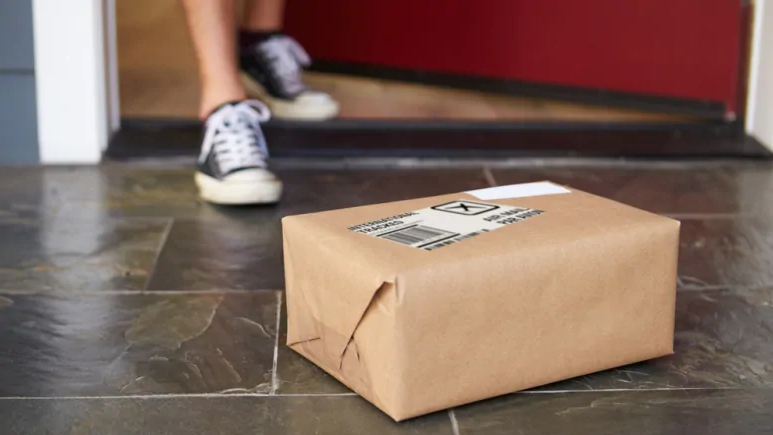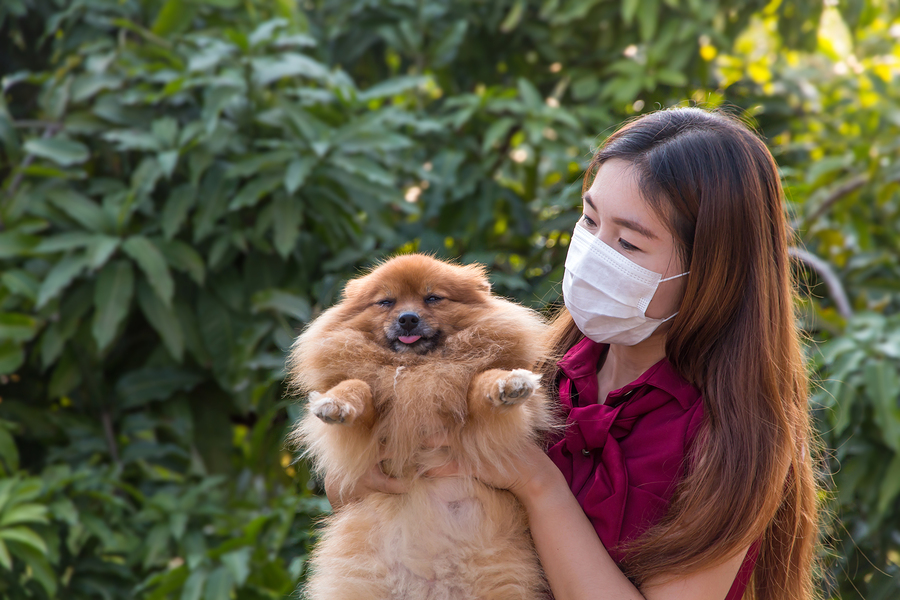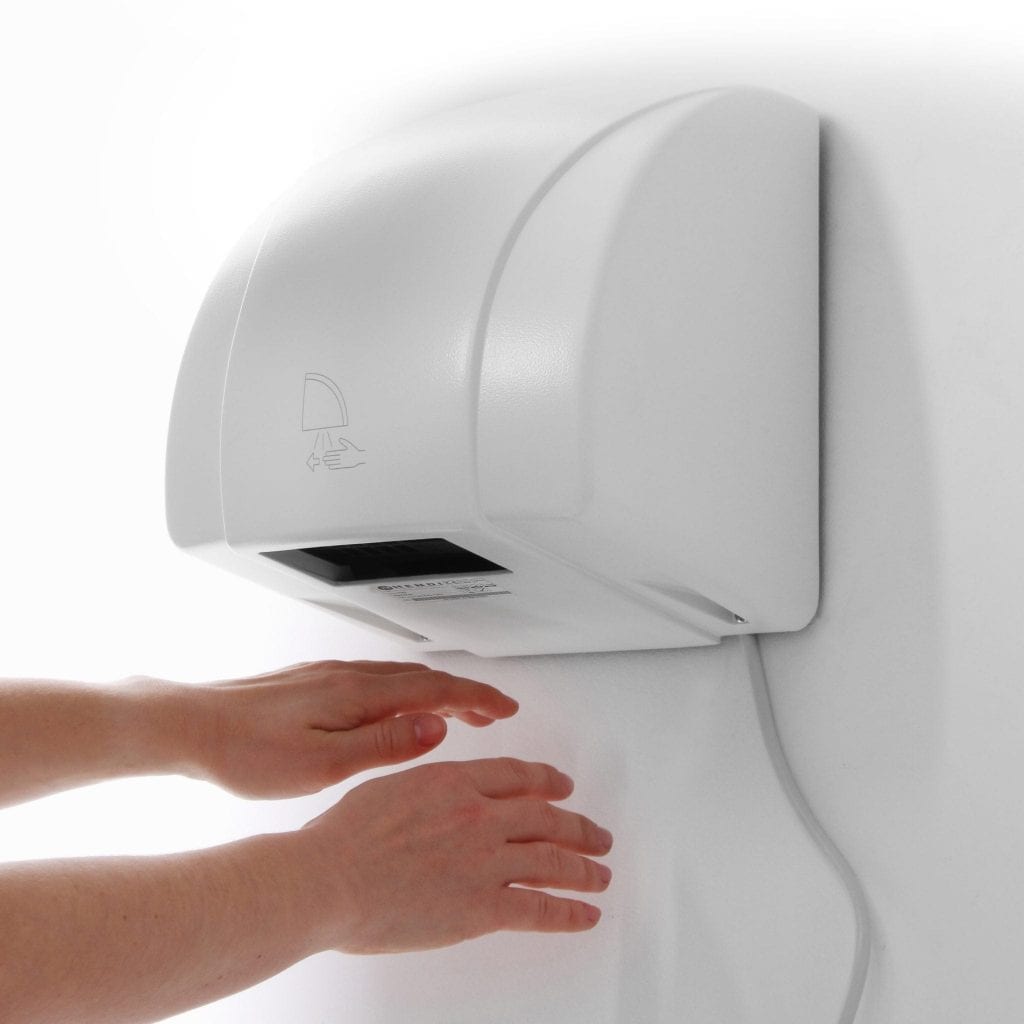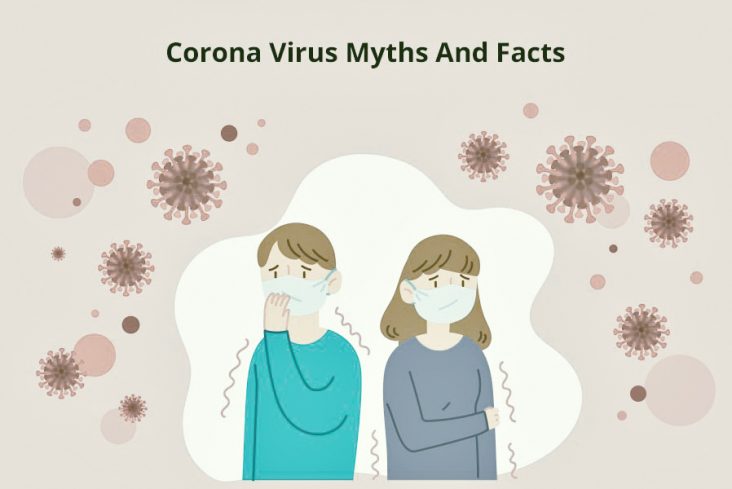On Tuesday, the World Health Organization (WHO) officially declared the new name of coronavirus disease: COVID-19. This new name stands for Corona Virus Disease 19.
🚨 BREAKING 🚨
"We now have a name for the #2019nCoV disease:
COVID-19.
I’ll spell it: C-O-V-I-D hyphen one nine – COVID-19"
–@DrTedros #COVID19 pic.twitter.com/Kh0wx2qfzk
— World Health Organization (WHO) (@WHO) February 11, 2020
COVID-19 is one type of virus that range from common to Middle East Respiratory Syndrome coronavirus and Severe Acute Respiratory Syndrome (SARS). This outbreak leads by many myths and misleading information. Let’s uncover the myths of coronavirus.
# Myth 1:
It is not safe to receive a parcel or letter from China

From the analysis report by WHO, coronavirus does not survive a long period on objects like parcels, packages, or letters. So, it is safe. Receiving any item from china is not have a risk of a virus.
# Myth 2:
Pet can spread 2019-nCov

According to WHO, currently, there is no evidence that pet animal such as a cat, dogs, rabbits can be infected with COVID-19. But, it is a safer side to wash your hand with soap after play with the pets. This can protect you from other viruses which are spread by pet like Salmonella and E.coli.
# Myth 3:
Antibiotics are effective in preventing and treat the coronavirus
Antibiotic is useful only for bacterial infection, and don’t work in preventing the new coronavirus (2019-nCov). So, you can not use antibiotics as a treatment of this virus. You must have to hospitalised for the treatment of 2019-nCoV. There is no specific medicine that prevents you from coronavirus.
# Myth 4:
Applying sesame oil on the body is helping to block coronavirus from entering in the body
This is completely a myth, and sesame oil doesn’t kill the COVID-19. Some disinfection chemicals can kill this virus on the body surface before entering the body. This chemical includes chloroform, ethanol, peracetic acid, etc. However, it is not 100% proven techniques, and it is hazardous to put such chemicals on your body or near the nose.
# Myth 5:
Eating garlic can help you to prevent infection with the new coronavirus
We know that garlic has antimicrobial properties that help the immune system to fight against germs. But according to WHO, no evidence eating garlic can help you to prevent infection with this virus.
# Myth 6:
Mouthwash gargling can protect you from the infection of 2019-nCoV

There is no evidence that mouthwash will prevent you from coronavirus. A few types of mouthwash can remove specific microbes for a few minutes in the saliva in your mouth. So that doesn’t mean that mouthwash can protect you from such a dangerous virus.
# Myth 7:
Saline rinsing nose helps to prevent infection with the new coronavirus
Daily rinsing the nose with saline do not prevent people from coronavirus infection. For a common cold, regularly rinsing the nose with saline can help you to protect and recover more quickly from cold. But it does not provide you protection to respiratory infections.
# Myth 8:
Pneumonia vaccine can protect you against the COVID-2019
It is a myth; pneumococcal vaccine does not protect from this virus. Coronavirus is new, and it needs its vaccine. The researching team of WHO, putting their efforts into developing a vaccine against this global health emergency.
# Myth 9:
Spraying chlorine or alcohol on the whole body can kill the new coronavirus
Spraying alcohol on the body will not kill viruses that have already entered your body. Spraying such things can be harmful to your mucous membranes (like eyes, mouth). Be careful, while using alcohol and chlorine for this purpose because, because they need to be used under appropriate recommendations.
# Myth 10:
Using Hand dryers and UV disinfection lamp effective in killing the n-coronavirus

The main thing the overall thing is that to protect yourself from coronavirus, you have to wash or rub your hand, alcohol-based soap, and water. A hand dryer and UV disinfection lamp can not protect you from COVID-19. The UV lamp can not sterilise your hand, which may also cause some skin irritation.
Where to stay up to date
You can stay update by visiting the World Health Organization (WHO) update on tweets or their website. From there, you will find the latest update. If you need more help, you can also call on WHO helpline number +41-22-7912111
Disclaimer: This blog content is the only purpose of providing information only. Always consult your doctor for more details. I try to bring accurate information based on evidence by WHO.
This post was created with our nice and easy submission form. Create your post!





Comments
0 comments